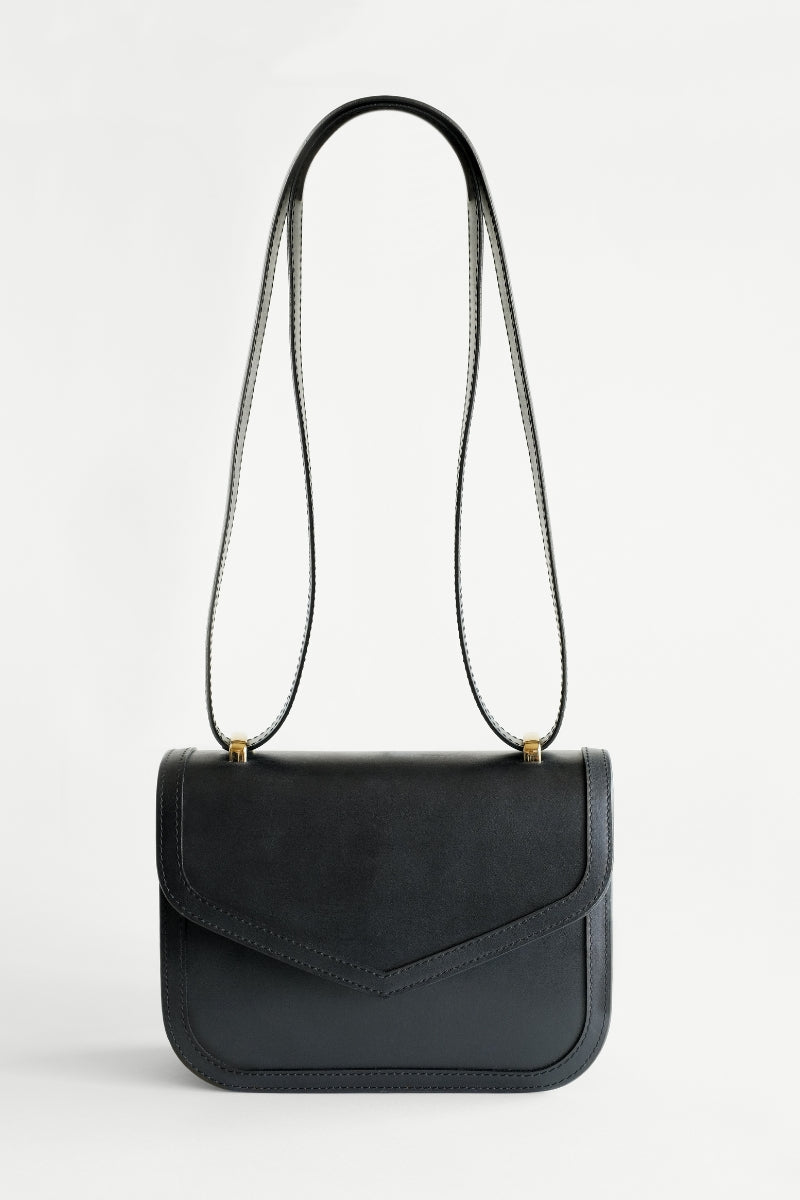The Artistry of Vegetable Tanned Leather from Tuscany, Italy: A Cut Above the Rest

The Tradition of Vegetable Tanning
Vegetable tanning is an age-old technique that employs natural tannins found in plant matter, such as tree bark, leaves, and fruits, to transform raw animal hides into supple, durable leather. Tuscany, with its lush landscapes and deep-rooted history in leather craftsmanship, has perfected this art over centuries. The process is a slow and meticulous one, taking several weeks to achieve the desired results.
Differences from Chromium-Based Leather
Chromium-based leather, or chrome-tanned leather, is another widely used method of leather production. It involves treating hides with chromium salts, resulting in a quicker tanning process. While chrome-tanned leather is softer and more pliable, sometimes it lacks the natural charm and authenticity of vegetable tanned leather. Moreover, the chemicals used in chrome tanning could have environmental implications if not managed carefully.

Italy: A Commitment to Craftsmanship and Ethics
The Italian leather industry, particularly in Tuscany, places a strong emphasis on both social and environmental sustainability. Tanneries in Italy often adhere to stringent regulations that prioritize worker safety and fair labor practices. Skilled artisans work in conditions that respect their rights, ensuring a harmonious balance between craftsmanship and ethical labor.
Environmental sustainability is also a key focus. Many Italian tanneries have invested in advanced technologies to minimize water consumption, treat wastewater, and reduce the use of harmful chemicals. The use of natural tannins for vegetable tanning aligns with a lower environmental impact, as it avoids the harmful chemicals associated with other types of tanning.
Artisanship and Heritage
Italian leather craftsmen have mastered the art of vegetable tanning over generations, creating leather that is a testament to their expertise and dedication. Each piece of leather from Tuscany carries a piece of this heritage, making it more than just a material—it's a work of art.
Here are some key characteristics of vegetable tanned leather:
- Natural Aging and Patina: One of the most prized features of vegetable tanned leather is its ability to age gracefully over time. As the leather interacts with its environment and the oils from your hands, it develops a rich patina that deepens its color and adds character. This natural patina is highly desirable and unique to each piece, making the leather truly one-of-a-kind.
- Stiffness and Firmness: Freshly vegetable tanned leather tends to be firmer and stiffer compared to chrome-tanned leather. While this might make it seem less pliable at first, it softens with use and molds to your body or the object it's used for. This characteristic is particularly valued in leather goods that need structure and durability, like belts or saddles.
- Earthy and Organic Aesthetic: Vegetable tanned leather often retains a more natural and earthy appearance. Its texture may display subtle variations in color, grain, and markings, giving it an organic and artisanal feel. This aesthetic aligns with the leather's eco-friendly production process and natural origin.
- Absorption of Dyes and Finishes: Vegetable tanned leather readily absorbs dyes, oils, and finishes. This characteristic allows for a high level of customization. It's common to see a wide range of rich, deep colors in vegetable tanned leather products, as well as various finishes that accentuate its texture.
- Environmental Sustainability: The tanning process itself is a standout feature. Using natural tannins from plant sources, the process minimizes the use of chemicals and reduces the environmental impact. As a result, vegetable tanned leather is often a preferred choice for eco-conscious consumers.
- Durability and Longevity: Due to its firmness and dense fiber structure, vegetable tanned leather tends to be more durable and long-lasting. It resists wear, tear, and stretching, making it suitable for items that need to endure daily use, like wallets, bags, and shoes.
- Distinctive Scent: Vegetable tanned leather has a distinct and pleasant aroma. The natural tanning process imparts a mild, earthy scent that can evoke a sense of authenticity and craftsmanship.
- Hypoallergenic Qualities: Because the tanning process avoids harsh chemicals, vegetable tanned leather is often considered hypoallergenic. This characteristic makes it a preferred choice for individuals with sensitive skin or allergies.
- Craftsmanship and Artistry: The production of vegetable tanned leather requires time, skill, and attention to detail. This artisanal approach often results in leather products that carry a sense of pride, tradition, and quality.

The vegetable tanned leather from Tuscany, Italy, represents a fusion of tradition, artistry, and sustainability that sets it apart from other types of leather. Its unique production process, commitment to quality, and attention to detail result in leather products that are not just accessories, but embodiments of history and craftsmanship. As consumers, choosing Italian leather is a choice that supports ethical practices, environmental stewardship, and the preservation of a centuries-old art form.
Our Elba Tote and Maya crossbody collections are made using only Italian vegetable tanned leather certified to be locally sourced and produced following the authentic tuscan tanning method. The leather is certified by Genuine Italian Vegetable-Tanned Leather Consortium. The Consortium brings together 20 artisan tanneries of the Tuscan Leather District, united by the same philosophy, to protect their niche of high-quality product.






